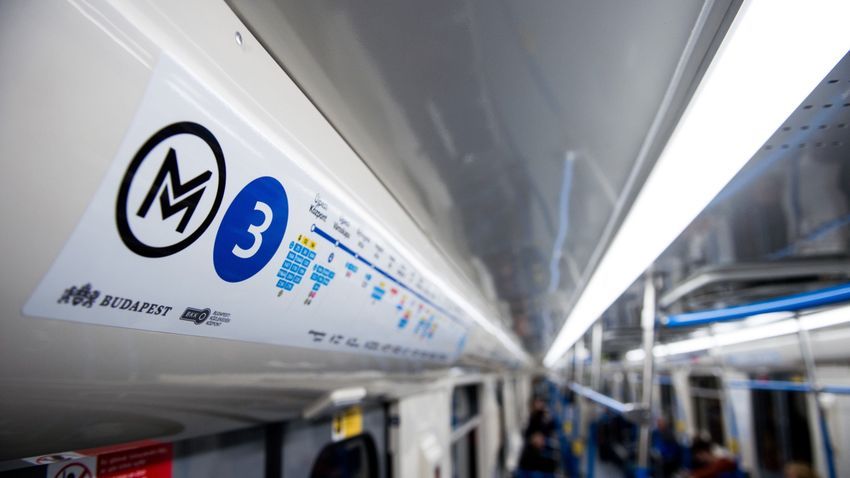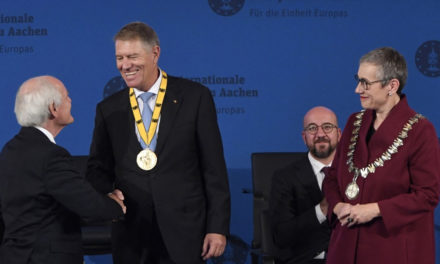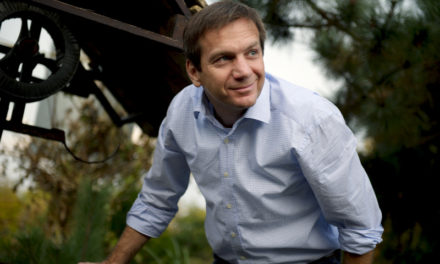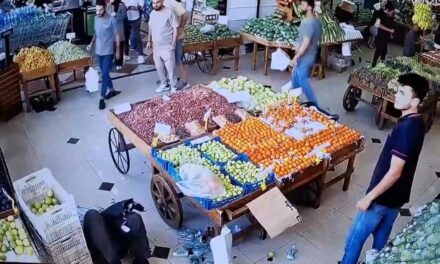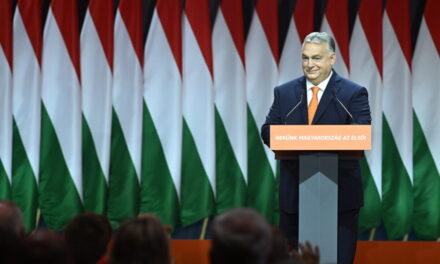One passenger measured 42 degrees in one of the trains of the 3 subway.
In the framework of the public procurement procedure, BKV still only negotiates with manufacturers who have submitted offers for the purchase of air conditioners, there is no agreement. There is no significant progress with the Russian manufacturer of the fittings either, the lawsuit initiated by BKV is also only in its initial stages. Meanwhile, there was also a small problem with the train control system.
On June 28, 2017, Párbeszéd politicians held a memorable flash mob, who traveled shirtless on subway line 3 with signs reading "Tarlós sauna", protesting against the fact that the mayor of the time, István Tarlós, did not want to air-condition the line. István Tarlós initially dismissed the issue of air conditioning by saying that the sun does not shine in the tunnel, but later he said that the expected penalty from the Russian train manufacturer Metrowagonmash will pay for the installation of the air conditioners estimated at HUF 6 billion.
The mayor at the time, István Tarlós, predicted that the installation would begin in 2021, and Gergely Karácsony, after his first election, already spoke about the fact that the installation is not a matter of money, that the coverage is there. Meanwhile, according to the Association for the Metro, not only is there no cooling on the 3 subway at the moment, but by stopping the feeding back into the network of the electrical energy generated by the brakes, the trains are directly heated (outside the carriages, e.g. the tunnel, stations). One passenger also measured 42 degrees in one of the trains of the 3 subway.
In the meantime, hardly any substantive progress has been made in the case.
The case against Metrowagonmash is still ongoing in the first instance at the Capital District Court,
for now, documents have been exchanged between the parties, and the BKV has only revealed that their claim is roughly 100 million euros and 243 million forints, as well as interest. There is no information about what the opposing party recognized as a legitimate claim, nor about where the coverage for the increasingly urgent installation of air conditioners would come from. It is also unimportant that the public procurement procedure for the air conditioning of the cars in 2021 is still only in the negotiation stage, BKV is waiting for the final offer from two bidders - Liberatus Hungary Kft. and Knorr-Bremse Vasúti Jármű Rendszerek Hungária Kft. Their next steps depend on the outcome of these procedures.
Although the 3-year manufacturer's warranty has long since expired, the 10-year warranty still covers corrosion of the chassis and chassis. The importance of this is what the frame structure of the cars can withstand, i.e. where does it limit the weight of retrofitted air conditioners, and as a result, what amount will the air conditioner manufacturers offer. Another hindering factor is that the Russian manufacturer has not yet commented on how the retrofitting of air conditioning affects the warranty.
What is certain is that the Russians delivered such quality assemblies to Budapest that they could not even kick a ball with in an open, European tender. This is indicated by the fact that (in addition to the delayed performance) the BKV also sued 18 different manufacturer's series defects, among them the problem of the floor plate in critical condition.
The floor repair of the subway cars is still in progress, it has not been completed yet. We regularly discuss the work schedule with the manufacturer
– the BKV informed the Index.
The fleet of metro line 3 consists of a total of 37 trains, i.e. 222 cars; these must be maintained in such a way that trade with the Russians is prohibited due to wartime sanctions. The BKV was granted an exemption in the framework of the 11th sanctions package regarding the procurement of parts for metro trains, but neither the capital's transport company nor the Ministry of Construction and Transport gave an answer to the question of how to pay for the parts if the Russian financial institutions were cut off from the SWIFT global interbank payment system.
In this regard, the BKV only noted that the parts are purchased in the framework of a public procurement procedure in all cases, this also applies to the parts exempted in the sanction package and non-Russian manufactured parts. The set of spare parts necessary for safe operation is available to BKV, Russian-made spare parts are mostly needed for the passenger information and vehicle control systems.
On professional forums, several people have drawn attention to the fact that the trains of subway line 3 are not always able to stop exactly at the platform when they arrive at the station. According to experience
it regularly happens that they first stop, then start again, crawl forward a few meters and come to a fixed stop, and only then open the doors.
Even older (also) semi-automatic vehicles were capable of this. It is presumably related to this that - as we learned - an integrated test is currently taking place on the M3 line, which examines the cooperation of the power supply network, the drive system, the vehicle control system and the automatic train guidance system (AVR).
According to the transport company, the level of technical maintenance interventions on the trains of the Russian Metrowagonmash is almost the same as on the Alstom trains operating on line 4.
Featured image: MTI

